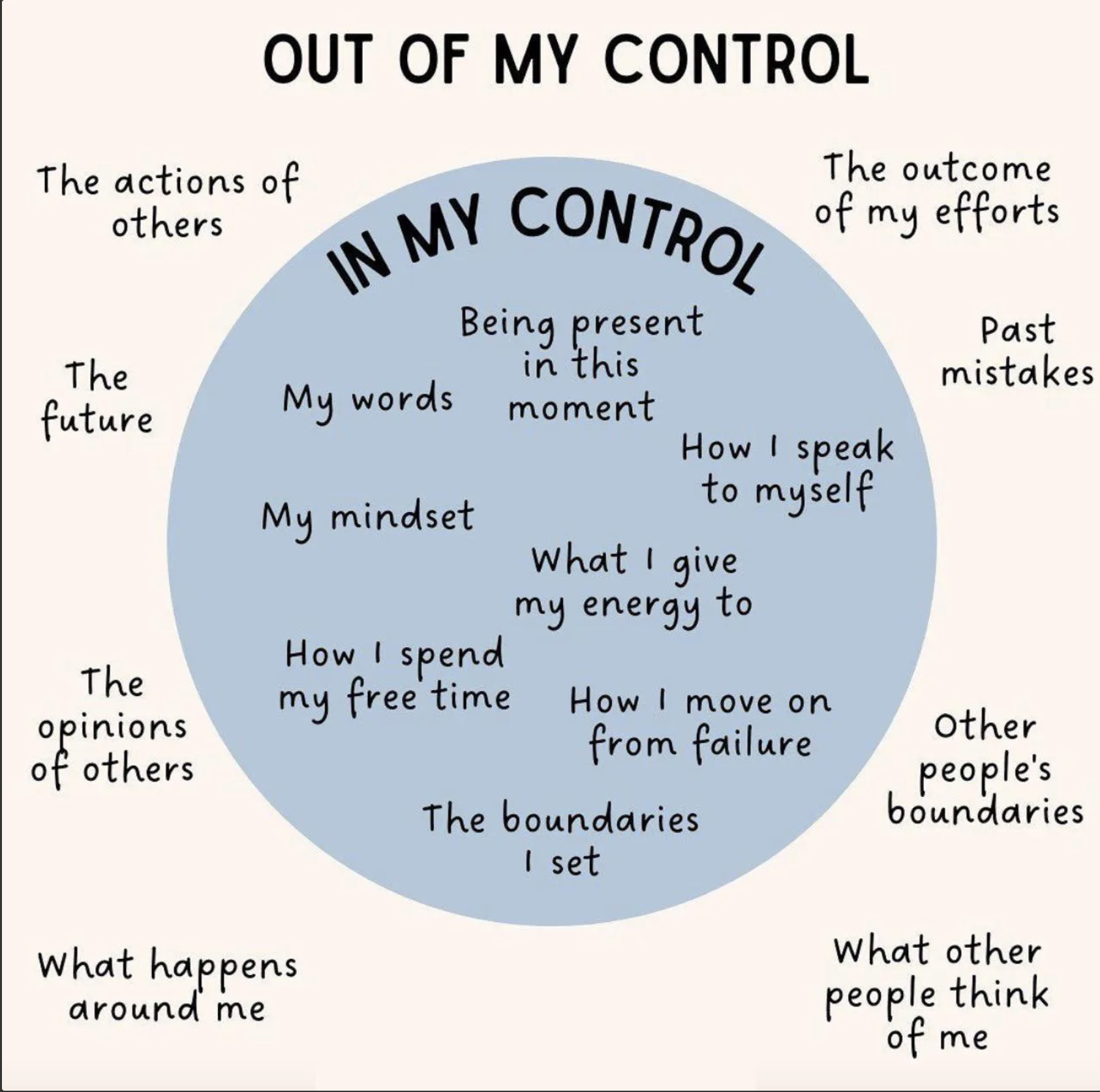The First Rule of Mastery: Stop Worrying About What People Think of You
Michael Gervais' The First Rule of Mastery has been my most recent read. Gervais is a high-performance psychologist, and in this book, he introduces the concept of the "Fear of People's Opinions" (FOPO).
I picked up this book at Heathrow as I was about to catch a flight. Foolishly, I didn’t look at the price, but at £24, I was expecting a pretty life-changing read. If I’m completely honest, there was a lot to digest in this book, but at the same time, I felt like I was sifting through stories that, in part, didn’t add much to the overall message.
So why did I pick up this book, you might ask? Well, the title hooked me. People's opinions have constantly controlled my actions. On many occasions, I’ve taken actions that sit better with those around me rather than the ones that work best for me. The simplest of these was my decision to study medicine.
“You have a career; how could you start again?”
“Five years is a long time.”
“You’re going to be a student and broke again.”
“I make more money than you.”
“You’re too old to be at university.”
Well, yes, some of these points may be true, but I stand by it—my decision to study medicine remains one of the best decisions I have made to date. It required me to go completely against the grain, but taking the decision that was best for me undoubtedly gave me the most happiness. In comparison to many of the other decisions I’ve made to avoid the negative opinions of others, I have been much happier with this one. I know that taking the decisions I want to take brings me more happiness and joy in my life, so I questioned: Why do I continue to value the opinions of others and take actions that appease them?
First, it became extremely clear that in life, it is impossible to control most things. This can range from the result of a football match to the emotions that others feel. I have always wanted to have control of every aspect of my life, and it’s no secret that when I feel I am not in control, it can be extremely anxiety-inducing. To make yourself comfortable, you might even go as far as convincing yourself that you control every aspect—having every minute of your day planned out and being neurotic about every detail. So, as the book asked me to do, I drew two circles, like a doughnut. On the outside, I wrote what I couldn’t control, and on the inside, I wrote the parts that I could. There’s a reason the inner circle is smaller.
Second, imagine you’re having a conversation with someone. As you give your opinion, they begin to furrow their eyebrows and purse their lips. You start to think they obviously disagree with you, so you begin to hold back a little. You abruptly stop before they then ask you to carry on, and they agree with your point. You’ve read the situation wrong, and these micro-expressions gave you absolutely no insight into what the person was thinking. Or, equally, you’re speaking, and that person asks you to repeat everything you just said because they weren’t listening, completely preoccupied by their own dilemmas. Here’s the point: People are far too busy worrying about themselves and concerned about their own spotlight to be worrying about you. You can’t read into their responses, and you can’t focus on their body language and expressions, because in all honesty, you will rarely be right in your assumptions. Stay true to your identity and worry less about being liked. When it gets uncomfortable, lean into it and ask yourself why—because that’s where the learning is done.
Finally, come to terms with your mortality. In the end, you’re dead (sorry, I know that’s pretty uncomfortable), but coming to terms with that will allow you to realize that the last thing you want at the end of your days is to have lived a life guided by others’ opinions. All of that will fall away, and all you will have left are your own actions. Your time is limited, so ask yourself: What do you regret right now? Set about fixing that. It’s not about the limited time we have; it’s about making sure that we aren’t wasting it, focusing on living the life we envision for ourselves, and fulfilling our full potential.
“The world will ask you who you are, and if you don’t know, the world will tell you.”
— Carl Jung
